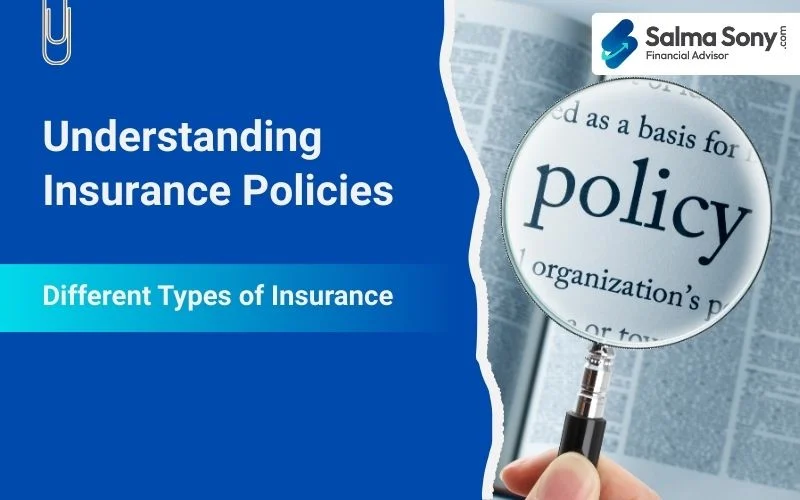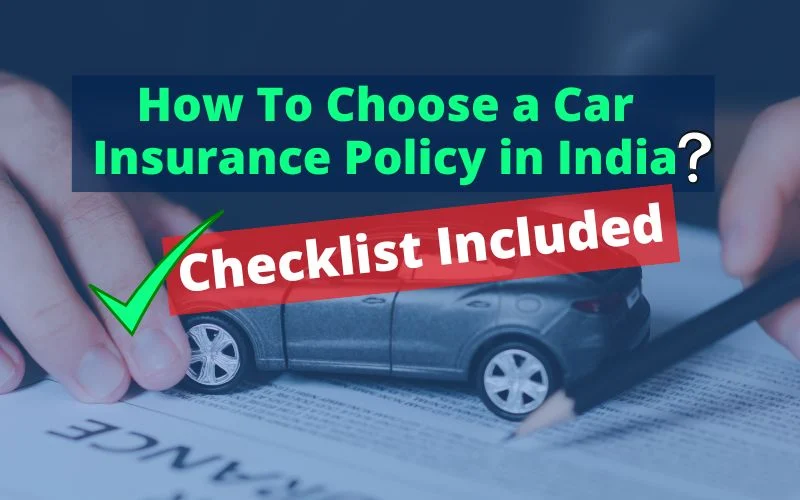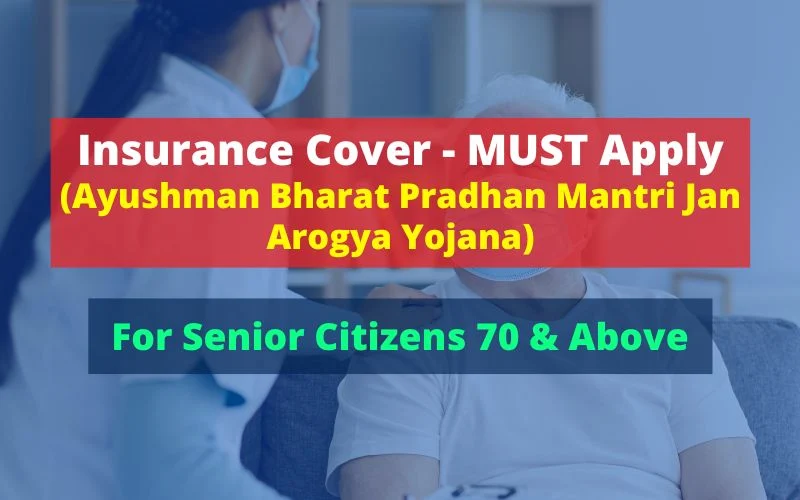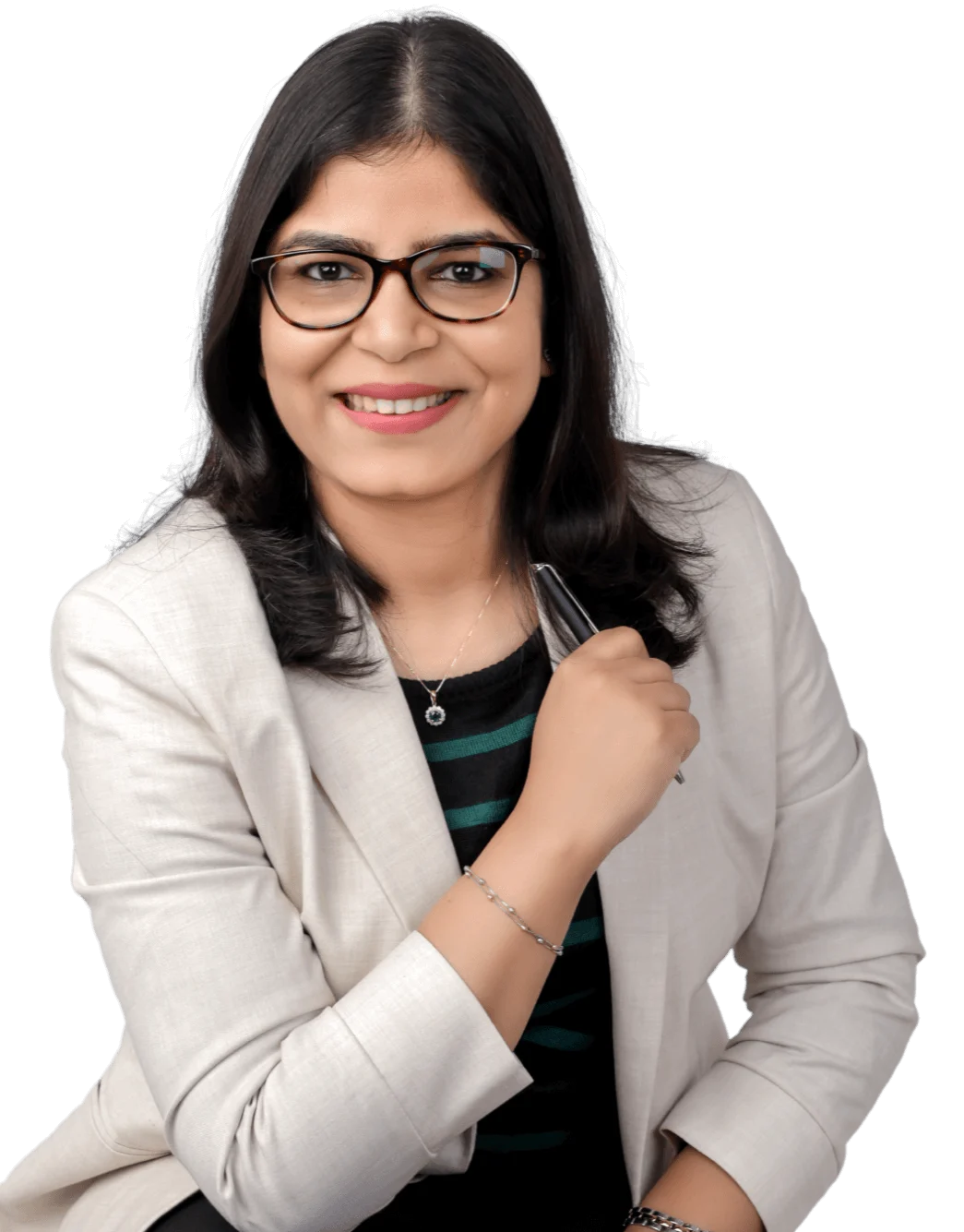Health insurance is critical to any family’s health and financial security. Hence, learning how to choose health insurance plan for your family is essential.
Health insurance provides a safety net in times of illness, ensuring you have access to necessary medical care without incurring high costs. However, selecting the right health insurance plan can be a complex process with multiple options available. In this article, I will guide you through how to choose health insurance plan for your family that best suits your needs, along with the health insurance checklist.

Understand Your Health Plan Needs
Assessing your healthcare needs is crucial before diving into the world of health insurance plans. Consider your age, health status, medical history, and ongoing medical conditions. Understanding your needs will help you determine what kind of coverage you require.
Here are a few questions to consider:
- Are you and your immediate already covered by your employer? If yes, then is it sufficient?
- To what extent can you support medical expenses in case of insufficient coverage?
- How often do you visit doctors or specialists?
- Do you have any medical conditions that require ongoing care?
- Do you have any pre-existing illnesses that need coverage?
- Are you planning to start a family soon?
Employee Group Insurance Vs. Health Insurance
Often, employees rest assured that they are covered under employee group health insurance. To understand whether Employee Group Health Insurance is sufficient for your family, let’s compare it with the health insurance you may consider buying standalone.
| Particulars | Employee Group Health Insurance | Individual/Family-Floater Health Insurance |
|---|---|---|
| Who is the purchaser? | Employer | Policyholder or the leading member of the family in case of the family floater. |
| Who is insured? | Employee and family members. | Policyholder in case of individual Policyholder and family members, in case of family floater |
| How much control does the insured have over the plan? | No control – The employee has no control over it. Only the employer has control over the coverage and add-ons of the plan. | Complete control – The policyholder has complete control. |
| Option to buy Add-ons | None or limited | The policyholder can buy available add-ons. |
| Claims | Claims are normally made through a third-party administrator. | The policyholder claims directly with the insurance company. |
| Available Sum Insured | Low as compared to Individual Health insurance. It can be between Rs. 5 to 10 Lakh. | Option to choose a higher sum insured than an employee group health policy. It can be between Rs. 5 to 1 Cr. |
| Eligibility Criteria | The employee must be on permanent employment. | Individual policy- Individuals must be at least 18 years of age. Family floater- Onc can add a minor child. |
| Exit criteria | The insurance plan benefits cease when the employee leaves the company or gets retired. However, few employers give the option to continue the policy provided the employee opts for it by taking the responsibility to pay the premium on their own. | It depends upon the terms of the insurance company. |
| Tax benefit | No | Yes |
| Coverage for Pre-existing diseases | Mostly from day 1 | After the completion of the waiting period. |
| Maternity Benefits | Usually, maternity benefits are covered | Mediclaim benefits must be purchased under add-ons. |
| No Claim Bonus | No claim bonus is not applicable | You are rewarded with no claim bonus if you don’t claim. |
| Medical Check-ups before purchase | In the case of employee group insurance, a medical health check-up is not required. | It is not necessary, depending on the medical history. At an early age, telephonic medical is sufficient. |
| Coverage for Critical Illness | Usually, it is not covered. You must check your group health insurance policy benefits to confirm. | It is covered if opted by the policyholder. |
Types Of Health Insurance Plan
- Health Insurance
- (a) Individual Health Insurance Policy: This policy cover individual. If you are unmarried, you must opt for an individual health insurance policy.
- A family floater’s premium is cheaper than the individual policy (if bought separately for each member), and the family member shares the sum assured.
- (c) Group Health Insurance: Employers offer Group health insurance policies to their employees. These plans cover a group of individuals and may include benefits like maternity and pre-existing condition coverage.
- (d) Arogya Sanjeevani Policy: Arogya Sanjeevani is a standardized health insurance policy introduced by the Insurance Regulatory and Development Authority of India (IRDAI). It offers basic health coverage and is available from various insurance providers.
- (b) Family Floater Health Insurance Policy: This policy covers all family members under one policy. If you are married, you must opt for a family floater health insurance policy.
- If you have an individual policy and your marital status changes from single to married, you must convert your individual policy to the family floater and add your spouse; this will help you continue your last policy benefits like no claim bonus and a waiting period, and for new members, the waiting period starts fresh.
- Critical Illness Insurance Policy: Critical illness policy covers critical illnesses like cancer, stroke, heart attacks, kidney failure, etc., that are usually not covered in regular health cover (individual and family floater policy).
- Also, in this, the claim payment is a one-time lump sum and does not depend upon the cost of treatment. Example: You have Rs. 25 lakhs critical illness cover. In case of Critical Illness diagnosis and after the waiting period, the insurance company pays the cover amount of Rs. 25 lakhs.
- Disease-Specific Insurance: Some policies are designed to cover specific diseases like diabetes or cancer. These plans offer coverage for treatment and related expenses particular to the disease.
Read More: What is a Critical Illness Policy? Should I Buy a Critical Illness Insurance?
- Senior Citizen Health Insurance Policy: This policy covers seniors above 65. Usually, the individual and family floater policy maximum entry age is up to 65. Senior Citizen Health Insurance cover is expensive compared to the regular policy. You can consider opting for it for your parents if your company does not cover them and you have not created a corpus for their medical contingency.
- Super Top-up Health Insurance Policy: A budget-friendly health plan that can help you cover your medical needs at an affordable cost. However, suppose you are thinking of having just a Super top-up health insurance policy. In that case, you might be in a problem as this policy comes with a deductible that covers the medical cost above the basic limit.
- Example: You have a Super top-up policy of Rs. 50 lakhs with a deductible of Rs. 5 lakhs; your Super top-up policy will cover the bill amount over and above Rs. 5 lakhs (basic limit). Hence, in this case, having a basic cover of Rs. 5 lakhs is a must, or else you will have to pay it from your pocket.
- Note: Initial Rs. 5 lakhs can be paid from your company group mediclaim, personal medical policy, or pocket.
- Personal Accident Insurance Policy: A personal accident insurance policy takes care of medical expenses arising from the treatment due to an accident. You must consider this if you travel often due to job responsibility, travel, office, or other reasons.
- Maternity Health Insurance Plan: If you plan to start a family, add a maternity feature to your base policy. Usually, insurance companies have a one-year waiting period. Hence, plan to cover expenses incurred during the prenatal, delivery, and postnatal stages.
Mediclaim Vs. Health Insurance
Mediclaim policy and health insurance are used interchangeably in India. However, both are different. Health insurance is a better version as it has a comprehensive cover, hence comparatively more expensive than a mediclaim policy. It is essential to understand the difference so that you don’t fall into the lower premium trap and end up buying a mediclaim policy unintentionally. Let’s see the comparison in the table below:
| Particulars | Mediclaim | Health insurance |
|---|---|---|
| Coverage | Mediclaim covers only hospitalization expenses. | Health insurance is a comprehensive cover that includes hospitalization expenses, including pre-hospitalization & post-hospitalization expenses, OPD expenses, daycare procedures, daily hospital cash, etc. |
| Option to buy Add-ons | Mediclaim does not offer additional covers or add-ons. | Health Insurance provides add-on covers such as critical illness, infertility covers, and maternity benefits. |
| Maximum Coverage | The maximum hospitalization coverage is usually around Rs 5 lakh but could vary depending on the insurance provider. | Coverage is extensive and varies based on age, location, and the number of members covered. |
| Flexibility | Less flexible compared to health insurance options. | Health insurance plans can be customized to suit individual needs. |
| Coverage for Critical Illness | Usually, it is not covered. | It is covered if opted by the policyholder. |
How To Choose Health Insurance Plan: Checklist
If you plan to buy health insurance, you cannot ignore the checklist below. Insurance is full of jargon; consider the below list so that you don’t get into a loop and buy the right insurance for yourself and your family.
❌Co-Payment – Say NO
Co-payments allow insurance companies to share the cost of health insurance coverage with the policyholder. Many individuals opt for it, thinking it will reduce the premium, but this one action can cost you big time.
Example: Suppose you have a medical policy of Rs. 5 lakhs covered with a co-payment of 20%, and you make a claim of Rs. 1 lakh, then the insurance company pays only Rs. 80,000, and balance you will have to pay out of your pocket as you agreed on sharing 20% of the bill by opting of 20% co-payment.
❌Restrictions On Room & Room Rent – Say NO
At the time of being unwell, you may not want to compromise on the quality of the room. It is not limited to this but also room availability.
Suppose you have opted for the shared room because the premium is lower; however, at the time of need, you might not find the shared option and will choose an individual room; in this case, any amount over and above the shared room ratio will have to be paid by you. Hence, it’s better to say no to restrictions on room & room rent so that the treatment is smooth and hassle-free.
✓ Pre- And Post-Hospitalization Care – Say YES
Comprehensive health coverage usually covers Pre- and Post-Hospitalization expenses. However, mediclaim doesn’t; as discussed earlier, mediclaim covers only hospitalization costs. Remember, before getting hospitalized, there could be multiple tests and post-hospitalization follow-ups. In case your policy does not cover pre- and post-hospitalization, all the expenses except hospitalization are to be borne by you, and it could be cumbersome in your pocket. Hence, it’s better to have comprehensive health insurance with pre- and post-hospitalization care.
✓ Restoration Benefit – Say YES
Restoration benefit in medical policy helps you restore the basic cover. Assume you have a family floater of Rs. 5 lakhs that you and your family have consumed in the policy year. With restoration benefit, your consumed cover gets restored after consumption; this means after consuming Rs. 5 lakhs, you restore another Rs. 5 lakhs cover so that you don’t have to pay from your pocket in case there is another medical need in the same policy year.
Note: Some policies offer unlimited restoration for any illness, while others have some restrictions. You should read carefully how restoration works in the specific insurance policy you are holding or planning to buy so that you can make an informed decision.
❌Disease Wise Sub-limits – Say NO
We are buying medical insurance to secure our health and finances. You should check if your policy has disease-wise sub-limits, and if you purchase a new policy, then make sure it’s not there. After all, no one knows who may diagnosed with which disease. Let’s protect ourselves well.
❌Longer Waiting Periods – Say NO
The lower the waiting period, the better it is for you, especially for insurance with a lower waiting period in your pre-existing decision.
The waiting period for pre-existing decisions is a minimum of 2-4 years, based on the insurance company. Another solution to this could be buying medical coverage at an early age.
✓ No Claim Bonus- Say YES
No Claim Bonus can be helpful to cover more at a premium. Make sure to check the claim bonus clause and opt for not less than a 10% no-claim bonus every year. With the 16% inflation in India, less than a 10% no-claim bonus will not make much of a difference.
Unhappy with your Existing Policy- Here is the Solution
After reading this article on how to choose heath insurance plan, if you realize that your health insurance policy is not apt, you can always port your existing policy to another one you like.
- If it is another policy in the same company, then it will be done quickly. You need to initiate the process at least one month before the renewal.
- If it is another company policy, you must start the process 45 days before the renewal by contacting the company to which you want to port. Example: If you are going to port from Aditya Birla Health Insurance to HDFC Ergo Heath Insurance, you must contact HDFC Ergo Health customer care.
The best part about porting a health insurance policy is that you don’t lose your pre-existing disease waiting period no-claim bonus.
Conclusion
It is essential to review your insurance policy documents to understand their structure specific to your needs. Buying a policy may not fulfill your responsibility towards your family, but taking the right one is essential. It is vital to cover your family with proper medical coverage and work on goal-based financial planning to secure your financial future completely.





